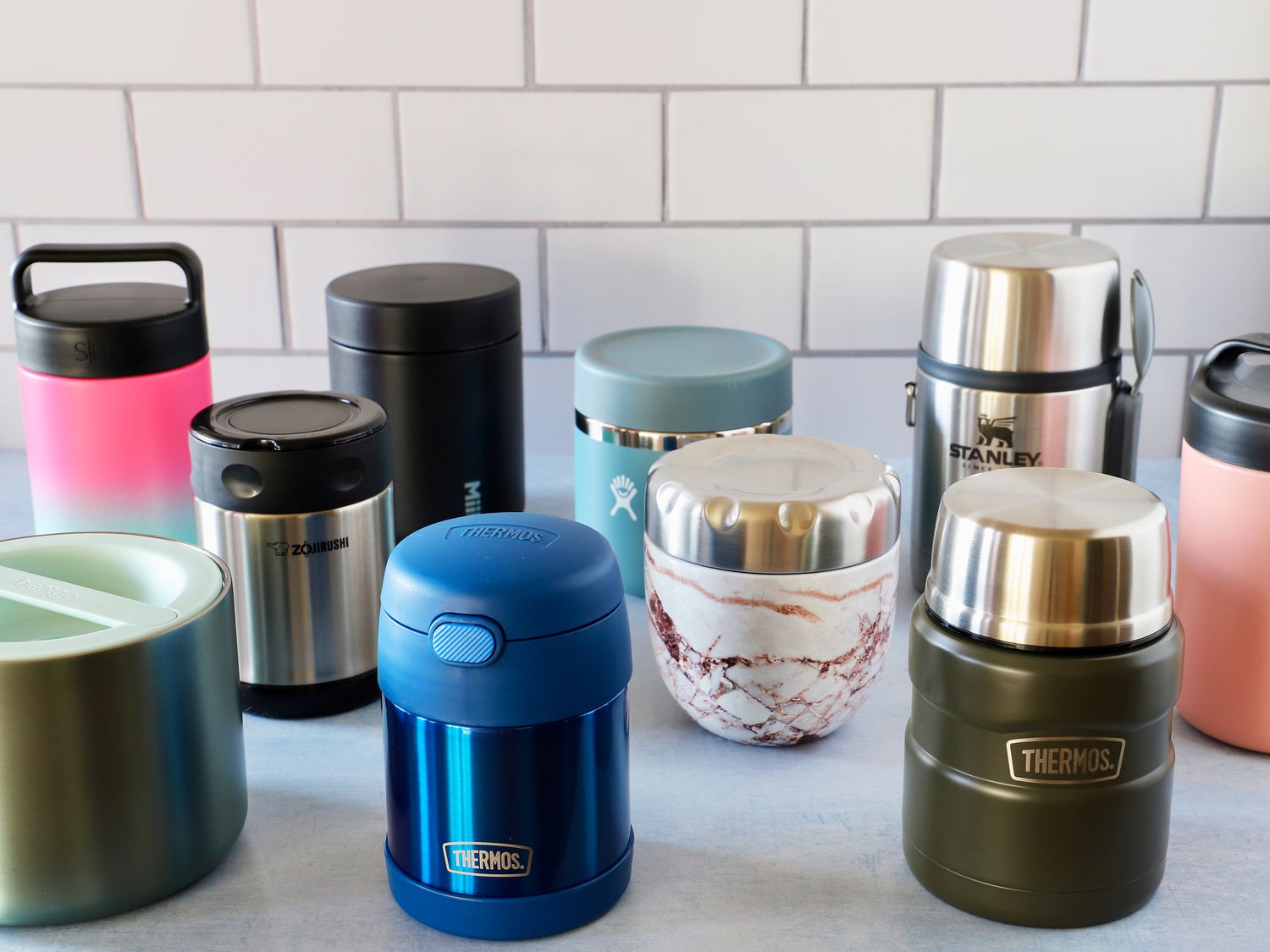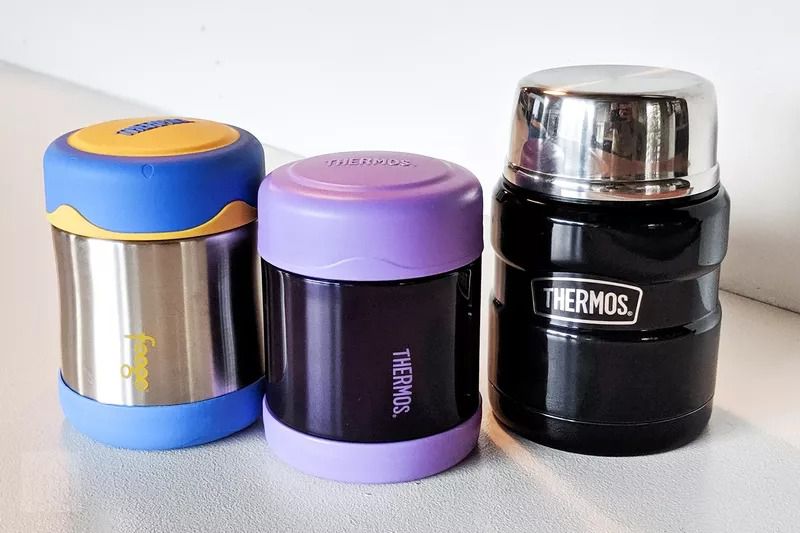A New Class of Food Storage Containers
Today’s food storage containers are no longer just plastic tubs with mismatched lids. Innovative materials and user-focused design have led to a new generation of stackable, insulated, and thermal containers that are perfect for modern kitchens.
These containers do more than hold leftovers—they help preserve freshness, minimize waste, and save precious fridge or pantry space. Let’s explore what makes them different and why they’re showing up in more homes and lunchboxes.
What Makes These Containers Special?
Based on popular products and features seen in real-world demos and marketplaces, here’s what sets this category apart:
✅ 1. Stackable Design
- Benefit: Saves space in the fridge, pantry, or lunch bag.
- Example: Units nest or lock vertically, reducing clutter.
✅ 2. Stainless Steel Interior
- Benefit: Durable, odor-resistant, retains temperature longer than plastic.
✅ 3. Plastic or Insulated Outer Shell
- Benefit: Provides insulation and a cool-touch surface for safe handling.
- Observation: Seen in products like this insulated food jar, commonly labeled “thermal” or “vacuum-sealed.”
✅ 4. Leak-Proof & Travel-Friendly
- Benefit: Ideal for commuters, students, or anyone taking meals on the go.
- Design Cue: Snap-lock lids or silicone seals to prevent spills.
✅ 5. Dishwasher & Easy-to-Clean
- Benefit: Makes post-meal cleanup simple and fast.
Ideal Use Cases
These advanced food containers aren’t just for leftovers. Here’s how real people are using them:
| Use Case | Why It Works |
|---|---|
| Meal Prep | Use separate stackable layers for breakfast, lunch, snacks |
| Work Lunches | Keeps food warm (or cold) until noon without a microwave |
| School Snacks | Spill-resistant and portioned for kids |
| Picnics/Travel | Durable enough to handle transport and outdoor use |
| Fridge Organization | Stackable design reduces clutter and makes labeling easy |
Long-Term Value and Sustainability
One of the biggest advantages of upgrading to high-quality food storage containers is the reduction in waste. Replacing disposable plastic bags or takeout containers with reusable, durable options helps cut down on single-use plastics and frequent repurchases. Stainless steel interiors and BPA-free plastic shells often last for years with minimal wear, making them a smart investment for eco-conscious households.
Where to Find the Right Containers
Insulated and stackable food containers are now widely available across online retailers and specialty kitchenware stores. Popular marketplaces like Amazon feature brands with thousands of reviews, while stores like Target, Walmart, and IKEA offer affordable alternatives with similar designs. For those looking to compare models based on size, insulation performance, and leak resistance, reading verified customer feedback can be especially helpful.
Things to Consider Before Buying
If you’re considering upgrading your container set, keep these tips in mind:
- Check capacity: Look for options that fit typical meals or portion sizes you pack.
- Verify insulation claims: Look for words like vacuum-sealed or double-wall insulation.
- Ease of cleaning: Removable components and wide openings are better for deep cleaning.
- BPA-free materials: Especially important for plastic components that contact food.
Final Thoughts
If your current food storage system consists of stained, mismatched lids and cluttered cabinets, it might be time for an upgrade. Stackable, insulated, and thermal food containers are built for real life — whether that means organizing your fridge or making lunch more enjoyable on the go.
They’re not just trendy—they’re practical. And while baking pans and plastic wrap still have their place, investing in a few well-designed storage containers can elevate your entire kitchen routine.
Sources





